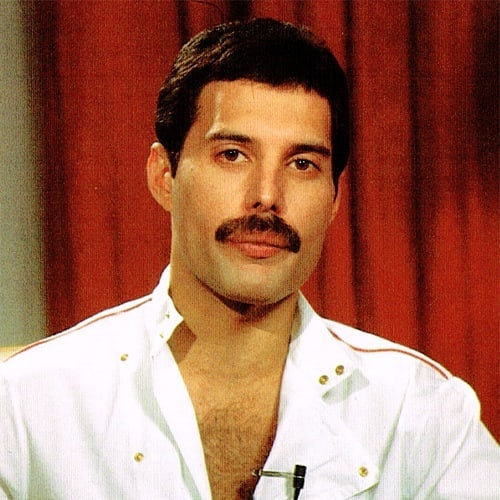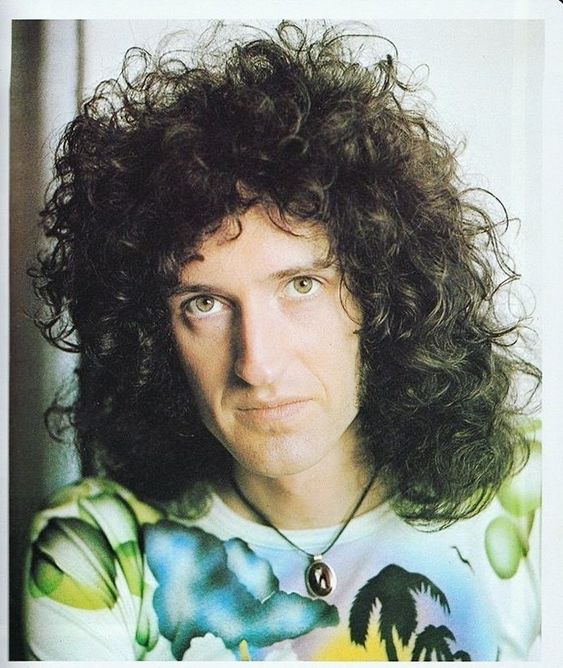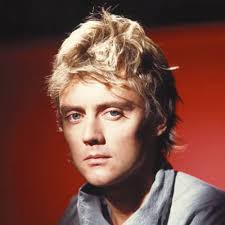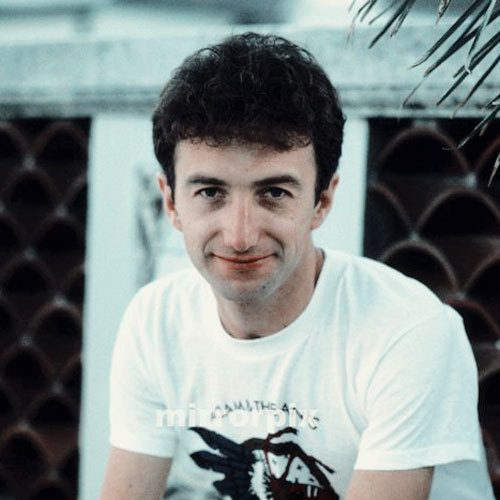
Freddie Mercury
Freddie Mercury (born Farrokh Bulsara; 5 September 1946 – 24 November 1991) was a British singer, songwriter, record producer and lead vocalist of the rock band Queen. Regarded as one of the greatest lead singers in the history of rock music, he was known for his flamboyant stage persona and four-octave vocal range. Born in 1946 in Zanzibar to Parsi parents from India, he attended English-style boarding schools in India from the age of eight, and returned to Zanzibar after secondary school. In 1964, his family fled the Zanzibar Revolution, moving to Middlesex, England. Having studied and written music for years, he formed Queen in 1970 with guitarist Brian May and drummer Roger Taylor. Mercury wrote numerous hits for Queen, including "Bohemian Rhapsody", "Killer Queen", "Somebody to Love", "Don't Stop Me Now", "Crazy Little Thing Called Love", and "We Are the Champions". He also led a solo career and served as a producer and guest musician for other artists. Mercury died in 1991 at age 45 due to complications from AIDS. He confirmed the day before his death that he had contracted the disease.

Brian May
Brian Harold May, CBE (born 19 July 1947) is an English musician, singer, songwriter, and astrophysicist. He is best known as the lead guitarist of the rock band Queen. He uses a home-built electric guitar called the Red Special. His compositions for the band include "We Will Rock You", "Tie Your Mother Down", "I Want It All", "Fat Bottomed Girls" and many more. May was a co-founder of Queen with lead singer Freddie Mercury and drummer Roger Taylor, having previously performed with Taylor in the band Smile, which he had joined while he was at university. Within five years of their formation in 1970 and the recruitment of bass player John Deacon completing the lineup, Queen had become one of the biggest rock bands in the world with the success of the album A Night at the Opera and its single "Bohemian Rhapsody". From the mid-1970s until the early 1990s, Queen were an almost constant presence in the UK charts and played some of the biggest venues in the world, most notably giving an acclaimed performance at Live Aid in 1985. As a member of Queen, May became regarded as a virtuoso musician and he was identified with a distinctive sound created through his layered guitar work.

Roger Taylor
Roger Meddows Taylor (born 26 July 1949) is an English musician, singer, songwriter, and multi-instrumentalist, best known as the drummer for the rock band Queen. As a drummer, Taylor was recognised early in his career for his unique sound. He was voted by radio listeners as the eighth-greatest drummer in classic rock music history in a poll conducted by Planet Rock in 2005. As a songwriter, Taylor contributed songs to Queen's albums from the beginning, composing at least one track on every album, and often singing lead vocals on his own compositions. He wrote or co-wrote three UK number 1s ("These Are the Days of Our Lives", "Innuendo" and "Under Pressure") and contributed a further five major hits ("Radio Ga Ga", "A Kind of Magic", "Heaven for Everyone", "Breakthru", and "The Invisible Man"). Taylor is also well known for his falsetto vocal range.

John Deacon
John Richard Deacon (born 19 August 1951) is an English retired musician, best known for being the bass guitarist for the rock band Queen. He composed several songs for the group—including Top 10 hits "You're My Best Friend", "Another One Bites the Dust", "Back Chat", and "I Want to Break Free"—and was involved in the band's financial management. Deacon grew up in Oadby, Leicestershire, playing bass in a local band, The Opposition, before moving to study electronics at Chelsea College, London. He joined Queen in 1971 on the strength of his musical and electronic skills, particularly the home-made Deacy Amp which guitarist Brian May used to create guitar orchestras throughout Queen's career. From the third album, Sheer Heart Attack, onwards, he wrote at least one song per album, several of which became hits. As well as bass, Deacon played some guitar and keyboards on Queen's studio work. After the death of lead singer Freddie Mercury in 1991 and the following year's Tribute Concert, Deacon performed only sporadically with the remaining members of Queen before retiring from the music industry in 1997.